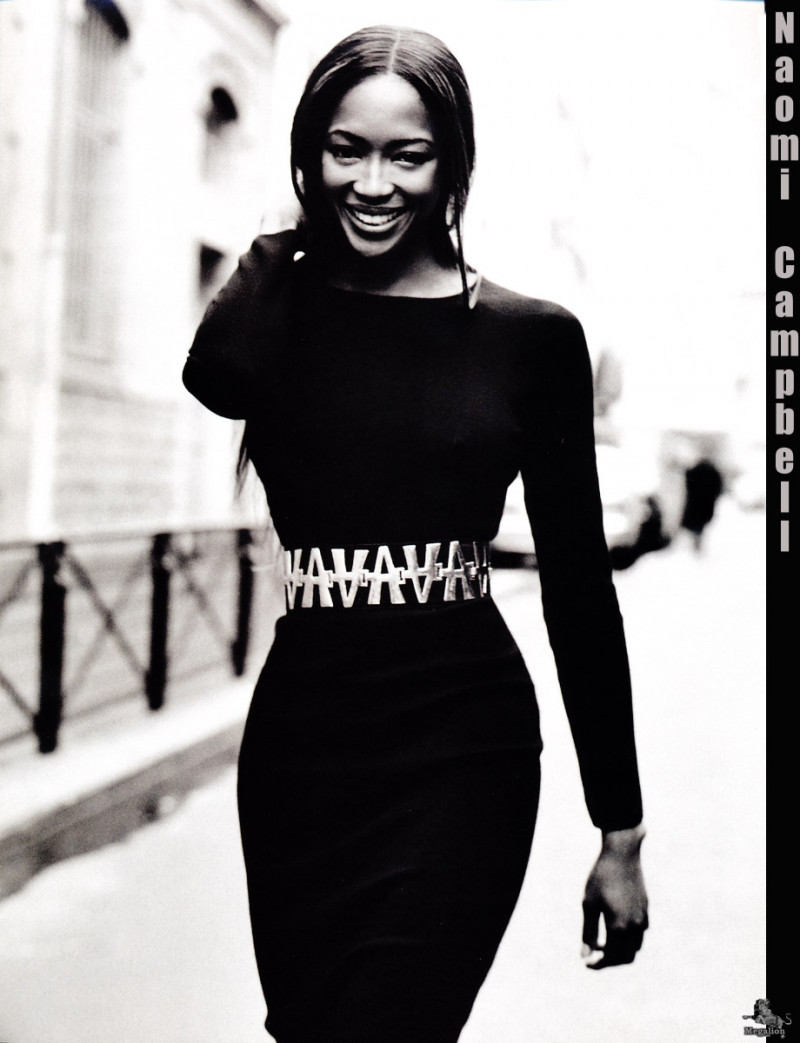Source of contention | Media Law Journal
When – if ever – should journalists be forced to disclose their confidential sources?
It’s been a hot issue lately. The Crown applied to court for an order requiring TV3 to provide identifying information of the Waiouru Army Medals thief after John Campbell’s anonymised TV interview with him. The Serious Fraud Office compelled the National Business Review to turn over notes and tapes made during its scoop on South Canterbury Finance. The government had to fend off accusations that its new Search and Surveillance Bill did not properly protect journalists’ confidential sources. …
The Evidence Act [a href=”http://www.legislation.govt.nz/act/public/2006/0069/latest/DLM393681.html”here] provisions are fairly new, and got their first run in the Campbell case (which doesn’t seem to be available online). TV3 argued that if they were ordered to turn over information identifying their interviewee, then their sources would “dry up”. The Crown asked me to give evidence about whether that was true. What hard evidence is there of this “chilling effect” on confidential sources?
My evidence is here … [and the] cases, reports and articles I’ve drawn on are listed at the end.
I found the exercise fascinating. It quickly became obvious there is no hard evidence. If sources don’t come forward, we don’t find out, and we can’t know why they didn’t.





 In a classic example of giving with one hand and taking away with the other, the Supreme Court first held that the Irish Times could assert a privilege to decline to answer questions from a Tribunal, but then ordered the paper to pay the Tribunal’s costs. This is, to say the least, a curious and illogical decision, and it is very doubtful whether the European
In a classic example of giving with one hand and taking away with the other, the Supreme Court first held that the Irish Times could assert a privilege to decline to answer questions from a Tribunal, but then ordered the paper to pay the Tribunal’s costs. This is, to say the least, a curious and illogical decision, and it is very doubtful whether the European 